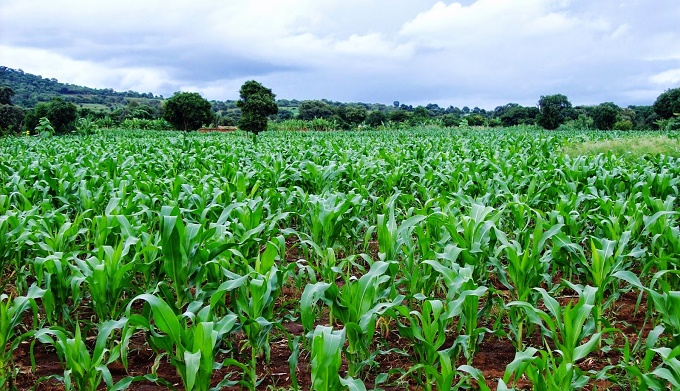The Federal Government of Nigeria has said that it is taking steps to ensure the adoption technologies that would trace agricultural commodities production and export value chain.
Technically known as traceability technologies, they help to identify, track and trace elements of a product or substance as it moves along the supply chain from raw goods to finished.
The Permanent Secretary, Federal Ministry of Industry Trade and Investments Amb. Nura Abba Rimi, said this at a sensitisation workshop in Kano on Thursday.
Rimi said the workshop marked a pivotal step in fostering understanding and collaboration to harness the immense potential of a national traceability system.
To achieve the objective, he said, the Federal Ministry of Industry, Trade and Investments was driving the sensitisation of relevant stakeholders for a successful implementation.
He said the innovative system promised to revolutionise Nigeria’s agricultural commodities value chain, unlock access to international markets and significantly boost revenue generation for the country.
According to the Permanent Secretary, Nigeria’s abundant natural resources, particularly its rich array of agricultural commodities, positioned it as a global contender in the international market.
“However, challenges related to product quality, safety and compliance with international standards have hindered our market access.
“By implementing a robust traceability system, we can decisively address these concerns and create an environment where Nigerian farmers, processors, marketers, and exporters can thrive in the competitive global marketplace.
“Globally, traceability systems are rapidly becoming the gold standard in ensuring quality, transparency and accountability within supply chains,” he said.
He said countries such as the U.S. and those in the European Union had already mandated traceability frameworks to enhance food safety and quality.
Rimi said that adopting the system in Nigeria aligned with the Federal Government’s commitment to strengthen the agriculture sector’s contribution to the economy and secure a competitive edge on the global stage.
“The Federal Ministry of Industry, Trade, and Investment remains steadfast in its mission to drive industrial growth, foster trade relations, and attract investments.
“Traceability technology represents a cornerstone of this strategy, as it builds trust, enhances product credibility.
“It also ensures compliance with international standards which are the key factors for unlocking the potential of our agricultural exports.
“I am confident that through our collective efforts, we will make lasting strides in enhancing the prosperity and development of our great nation,” he said.
The workshop featured presentations on: “Rules of Origin in Cross-Border Trade; Implications on Market Access of Nigeria’s Commodities in AFCFTA and Beyond“






